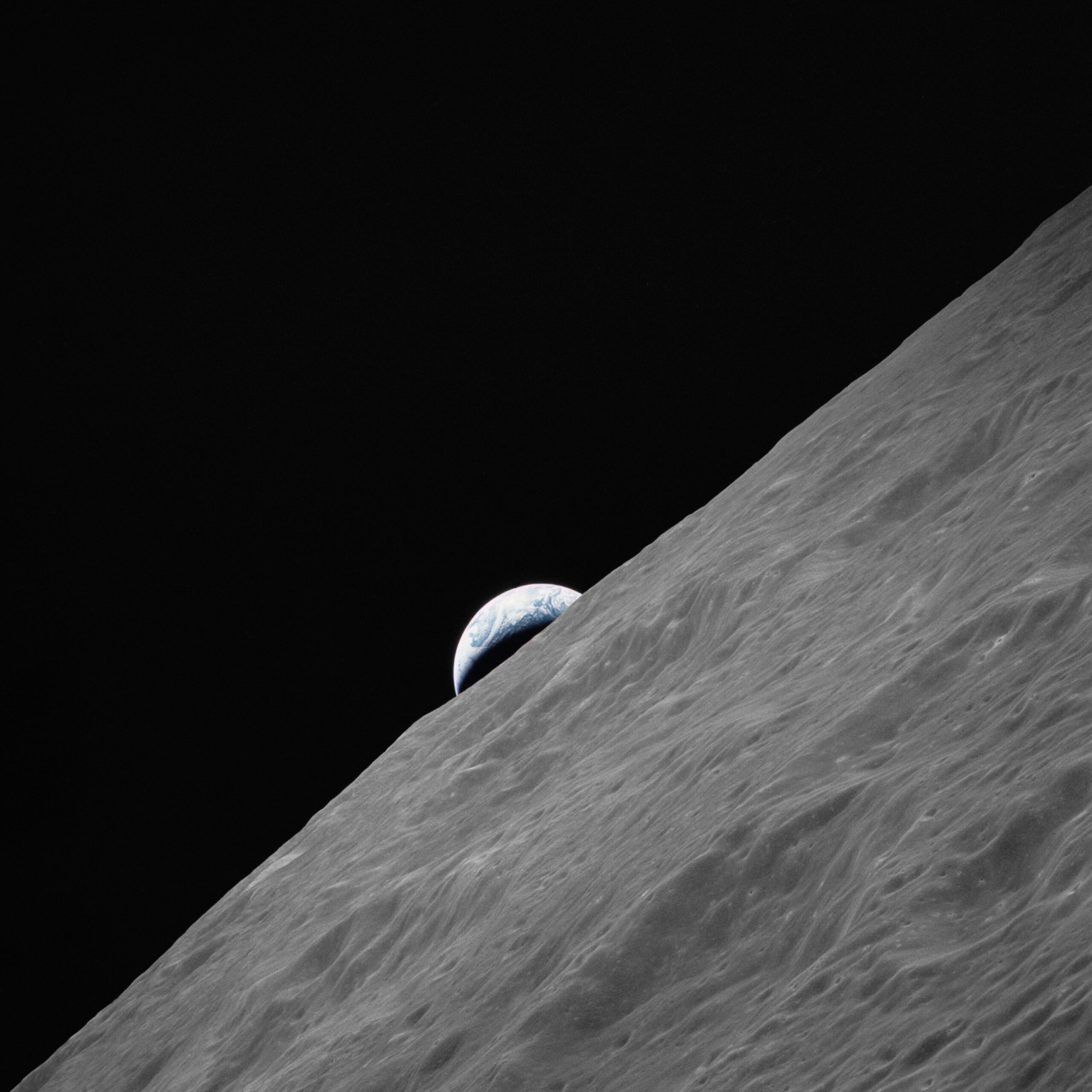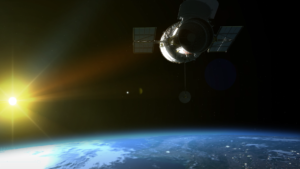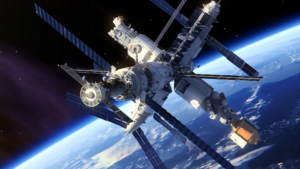
12 Oct The Space Perspective
“Man must rise above the Earth—to the top of the atmosphere and beyond—for only thus will he fully understand the world in which he lives.” – Socrates.
“Now I know why I am here. Not for a closer look at the Moon, but to look back at our home, the Earth.” Alfred Worden USA astronaut
We don’t often see things from a different perspective. Astronauts that ventured beyond the confines of our world talk about a transformative experience – a space perspective. Looking at the beautiful, life filled Earth, their backs to the infinite vacuum of dark-space caused for many profound new realisations to emerge.

It’s a perspective that stayed with many of them long after their return to the Earth’s surface and led to the founding of the Association of Space Explorers and its motto – Delivering the Astronaut Perspective.
The following are quotes from the 1988 book published by the ASE called The Home Planet.
‘During space flight, the psyche of each astronaut is reshaped. Having seen the Sun, the Stars, and our Planet, you become more full of life, softer. You begin to look at all living things with greater trepidation and you begin to be more kind and patient with the people around you. At any rate that is what happened to me’ – Boris Volynov – USSR
‘The first day or so we all pointed to our countries. The third or fourth day we were pointing to our continents. By the fifth day we were aware of only one Earth’ – Sultan Bin Salman al-Saud – Saudi Arabia
‘from space I see myself as one person among the millions and millions who lived, live, and will live on Earth. Inevitably, this makes one think about our existence and the way in which we should live to enjoy, to share, our short lives as fully as possible’ Rodolfo Neri-Vela, Mexico

Most of us will not get to be Astronauts, yet as you walk the Solar System Trail and arrive to the Earth & Moon you will notice the gap between them and may reflect that no human has ever gone beyond the Moon so far and yet you can connect with that possibility through the representation of the trail. From our vantage point on the trail, Earth seems as fragile as it may have looked to them. Looking towards the orbit of Venus and further to the Sun or to the orbit of Mars and the infinite space beyond, one becomes a witness of ones life as seen from a new perspective, smaller than you have ever imagined yet unique and part of something wonderfully spectacular.

This humbling image of the Earth and Moon was taken from 1.9 million miles away by the unmanned Japanese spacecraft, Hayabusa 2.
The Indian Astronaut Rakesh Sharma wrote – ‘My mental boundaries expanded when I viewed the Earth against a black and uninviting vacuum, yet my country’s rich traditions had conditioned me to look beyond man-made boundaries and prejudices. One does not have to undertake a space flight to come by this feeling’.
With Rakesh’s training one may not need to go to space to gain this perspective yet walking a Solar System Trail definitely helps.